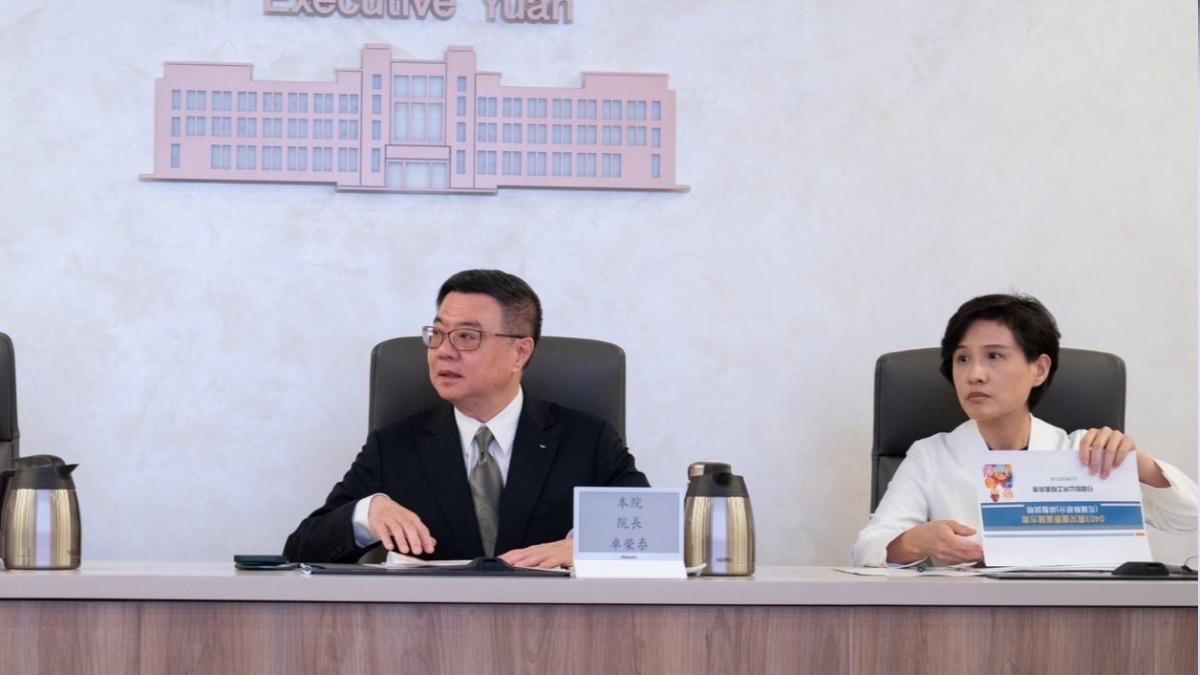TAIPEI (TVBS News) — The Executive Yuan announced plans on Thursday (May 30) to request a reconsideration of recent legislative amendments from the Legislative Yuan, aiming for a resolution through democratic dialogue.
This move comes after the Legislative Yuan passed amendments to its powers and certain sections of the Criminal Code on May 28, sparking controversy and prompting the Executive Yuan to seek a review.
The Executive Yuan's spokesperson Chen Shih-kai stated that upon receiving the finalized text of the amendments, legal units within the Executive Yuan will consult with constitutional scholars and experts to discuss the problematic parts. Following the President's approval, the request for reconsideration will be submitted to the Legislative Yuan at an appropriate time, although the exact timeline remains uncertain due to the Executive Yuan not yet receiving the amendments.
Legal Framework and Historical Context
Since the constitution was enacted, the Executive Yuan has submitted 13 requests for reconsideration, with half of them being successful. Chen emphasized the importance of a positive response from the Legislative Yuan to avoid constitutional issues. He noted that any consideration for constitutional interpretation would only occur after the amendments officially take effect.
According to Article 3, Section 2, Paragraph 2 of the Amendments to the Constitution of the Republic of China, the Executive Yuan has the right to request a reconsideration of laws, budget bills, and treaties deemed impracticable within 10 days of receiving them, pending the President's approval. The Legislative Yuan must then decide on the reconsideration request within 15 days of receipt. If the request is not addressed within this period, the original decision becomes void. A majority vote of over half of the legislators is required to uphold the original decision, at which point the Premier must accept the Legislative Yuan's resolution.
As the situation unfolds, the focus remains on the potential for democratic dialogue to resolve the dispute and the broader implications for legislative and executive relations in Taiwan.











